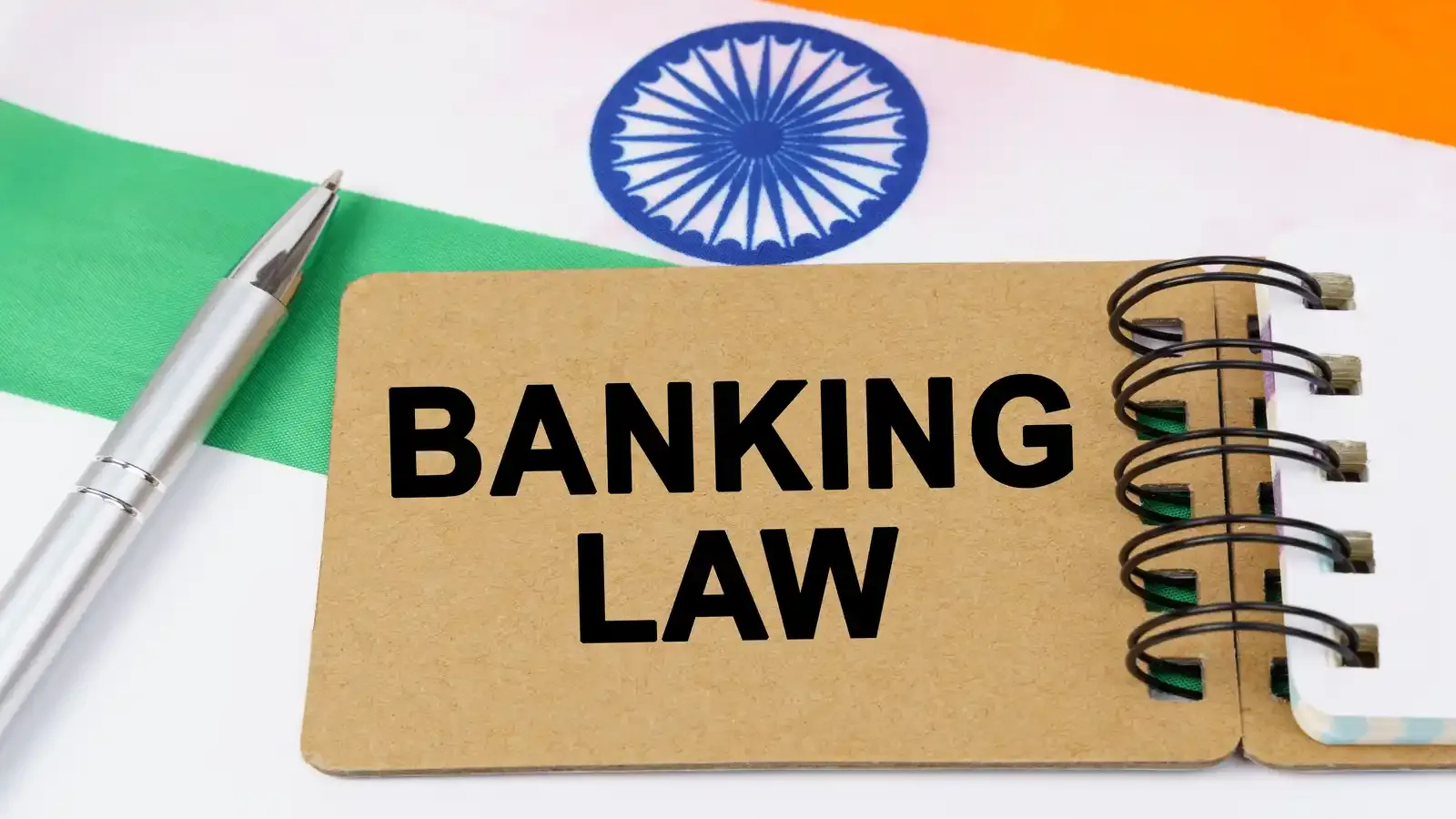7 Factors to Consider Before Choosing a Personal Loan
Written by Dev Sethia
Published on November 13, 2025 | 5 min read

Key Points to Check Before Taking a Personal Loan Online
Are you dealing with unforeseen costs or attempting to handle substantial commitments?
Personal loans may be a helpful option for you because they specifically have no collateral, require very little documentation, and can often be processed rapidly. Because of this, personal loans are becoming more and more popular among borrowers in India.
With convenience comes caution, and it is again critical to gain clarity in terms of eligibility, points of cost, and alternatives beforehand, lenders urge.
7 Factors to Keep in Mind Ahead of Taking a Personal Loan
What am I borrowing for?
It's an important question, even though it may sound straightforward. The borrowing of money to meet a necessary expense may be as medical expenses, paying the school fees, or an emergency repair at home, can be reasonable.
Borrowing money for discretionary spending or to invest without a clear purpose can involve unnecessarily higher risk. You may want to pay attention to whether or not your income has variables of high uncertainty, which you could consider higher risk.
How Long Should You Repay?
After you have decided on the amount you want to borrow, the next question is: What should the tenor of the loan be? If you have a short repayment period (1-2 years), you will have higher monthly installments, but you will pay less total interest over the life of the loan.
If you have a longer repayment period, you can expect to make lower monthly payments, but the total interest costs will be higher. The best balance between these two extremes will depend on a combination of your monthly budget, the stability of income for the tenure of the loan, and your objectives for borrowing the money.
Are You Eligible?
Before you apply, it is important to check if you meet the eligibility criteria of the lender. What are the eligibility criteria? As a general rule, lenders look for the following:
-
Age of the applicant
-
Monthly or annual earnings
-
Type of employment (salaried versus self-employed)
-
Credit history and credit score
-
Work experience or business history.
These criteria will differ greatly from bank to bank or non-bank financial company (NBFC). It is in your best interest to check the eligibility criteria of the lender of your choice ahead of time.
Many lenders also have calculators on their websites to determine eligibility beforehand, which is a great time saver and eliminates discovery at application time.
Charges Beyond the Interest Rate
One area that catches many borrowers by surprise is: Are there other charges in addition to the interest rate?
The posted interest rate is just the start. You might be charged:
-
Processing fees
-
Service or administrative charges
-
Insurance costs are tied to the loan
-
Prepayment or foreclosure fees (if you choose to settle the loan early)
-
Late-payment or bounced cheque penalties
You might be tempted by a low-interest personal loan on the headline rate, but once you consider all those added costs, the effective cost may be higher. It's worthwhile to read the fine print and calculate the actual lowest personal loan interest rate for you.
By When Will You Receive Funds?
Many lenders can process personal loans much more quickly than other credit products because they require little documentation. Some lenders, for example, offer pre-approved loans to their existing customers and, while rare, some loans can be deposited into your bank account nearly immediately after approval.
Realistically, timelines vary by lender, the completeness of documentation and the applicant's profile - so it is a good idea to check with your lender what "instant" means in your case.
Have You Done Enough?
Comparing lenders is more than just looking at their interest rate. You should consider:
-
Eligibility criteria and how it fits your profile
-
Processing time
-
Fee structures (processing, prepayment, late payment)
-
Customer service quality and reputation
-
An easy online application and documentation are required
Some of the online tools allow you to compare personal-loan offers with side-by-side comparisons; however, it is a best practice to look up any special offers on the lender's official website to check accuracy and ensure the information is up-to-date.
What Will I Pay?
Your adopted interest cost depends on your attributes, like credit score, loan amount, tenure, and the lender's risk assessment. Some borrowers who have strong credit scores and terms will secure interest rates as low as 7.25%, but each interest rate can vary quite a bit.
Instead, the rough rule of thumb: The better your creditworthiness and the shorter your term, the lower the interest rate will be, and the reverse is typically true. Longer terms typically have higher rates, even for borrowers with a weaker credit profile, which will lead to higher total costs.
Exploring Other Possibilities
Yes, there are potential opportunities that should be considered:
Personal loans provide quick, unsecured funding available with less documentation. However, prospective borrowers should identify their loan purpose, assess their eligibility, repayment plan, duration and total cost before making an application.
Factors such as comparing lenders, checking credit scores, and considering alternatives (a credit card or a gold loan) can provide the information needed for smart borrowing and financial health.
About Author
Dev Sethia
Sub-Editor
a journalism post-graduate from ACJ-Bloomberg with over three years of experience covering financial and business stories. At Upstox, he writes on capital markets and personal finance, with a keen focus on the stock market, companies, and multimedia reporting. When he’s not writing, you’ll find him on the cricket pitch
Read more from DevUpstox is a leading Indian financial services company that offers online trading and investment services in stocks, commodities, currencies, mutual funds, and more. Founded in 2009 and headquartered in Mumbai, Upstox is backed by prominent investors including Ratan Tata, Tiger Global, and Kalaari Capital. It operates under RKSV Securities and is registered with SEBI, NSE, BSE, and other regulatory bodies, ensuring secure and compliant trading experiences.

























